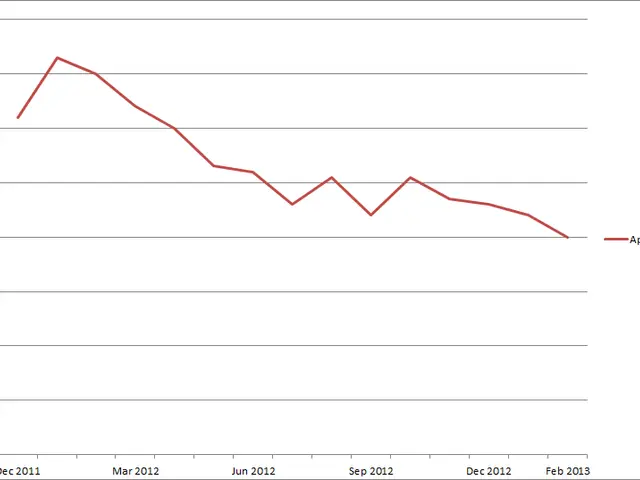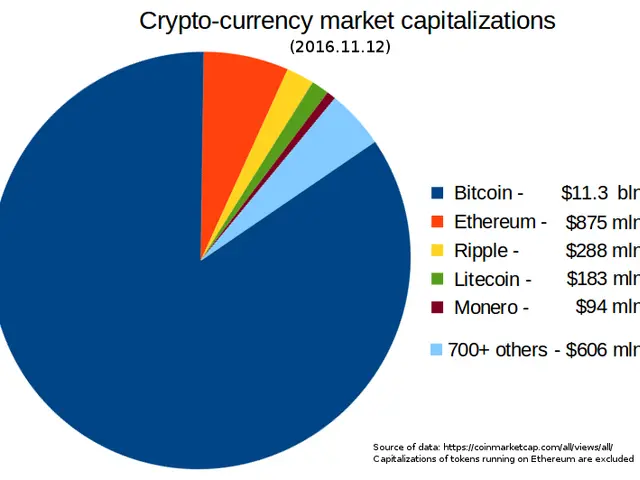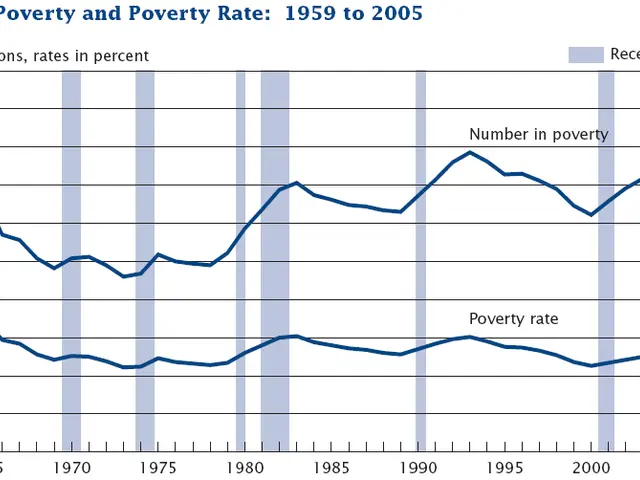EU counters Klingbeil's proposed tax escalation
In a recent summer interview, Finance Minister Lars Klingbeil did not dismiss the possibility of tax increases for high incomes and wealth as a means to bridge budget gaps in the coming years. However, his proposal has met with strong opposition from key figures within the ruling coalition.
Jens Spahn, leader of the CDU/CSU parliamentary group, has openly opposed tax increases, stating, "Now is not the time to even think about tax increases." The CDU and CSU are united in their stance against higher taxes, with Martin Huber, CSU General Secretary, also rejecting Klingbeil's proposal.
SPD parliamentary group leader Dirk Wiese supports Klingbeil's stance, but emphasizes the need to offset any relief promised for small and medium incomes in the coalition agreement. Meanwhile, Huber suggests focusing on relief and concrete savings rather than discussing new burdens.
The Union, consisting of the SPD, CDU, and CSU, has unequivocally rejected Klingbeil's proposal to close the €187 billion budget gap through tax increases. The coalition agreement explicitly excludes the option of tax increases for the coming years, with key figures such as Thorsten Frei (CDU), Jens Spahn (Union), and Markus Söder all opposing any rises in taxes.
Steffen Bilger, the first parliamentary business manager of the Union faction, highlighted that Germany has the second-highest tax and social security contributions in the OECD comparison. This fact has led some to view a debate on tax increases as "misplaced" given record tax revenues and rising debts.
The coalition is now facing a key question in its financial policy: whether to pursue additional revenues or harsh cuts. The coalition has agreed to reduce expenses in personnel, citizen's money, and development aid. Instead of discussing new burdens, some, including Huber, see room for maneuver, particularly in the exploding costs of citizen's money.
As the discussion shifts from tax increases to relief and concrete savings in the budget, it remains to be seen how the coalition will navigate this financial dilemma. The basis for their decisions will be the coalition agreement, with Thorsten Frei reiterating that tax increases are ruled out while relief is provided instead.








